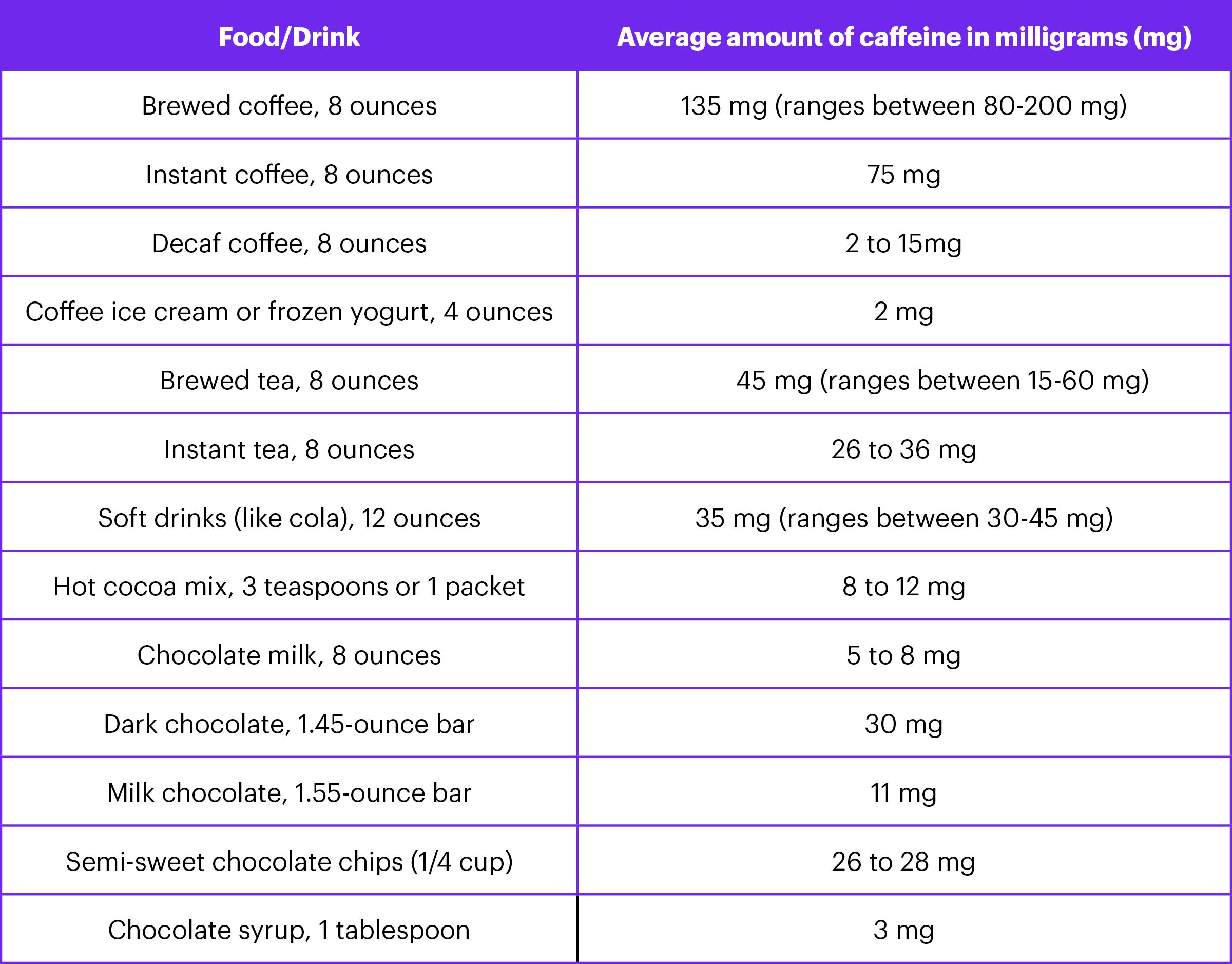
Caffeine During Pregnancy: A Comprehensive Guide to Effects and Recommendations
Caffeine is a widely consumed stimulant found in various beverages and foods, including coffee, tea, energy drinks, and chocolate. While moderate caffeine intake is generally considered safe for most adults, its effects on pregnant women and their developing fetuses have been a subject of ongoing research and debate. This article aims to provide a comprehensive overview of the current scientific understanding of caffeine consumption during pregnancy, its potential effects, and evidence-based recommendations for safe intake.
Physiological Effects of Caffeine on Pregnant Women
Caffeine is rapidly absorbed into the bloodstream after ingestion and crosses the placenta, reaching the fetus. It has several physiological effects on both the mother and the developing baby:
- Increased Heart Rate and Blood Pressure: Caffeine can increase the heart rate and blood pressure of both the mother and the fetus.
- Diuretic Effect: Caffeine acts as a diuretic, increasing urine output and potentially leading to dehydration if excessive amounts are consumed.
- Relaxation of Uterine Muscles: Caffeine has been shown to relax uterine muscles, which may have implications for preterm labor.
Potential Effects of Caffeine on Pregnancy Outcomes
Numerous studies have investigated the potential effects of caffeine consumption during pregnancy on various pregnancy outcomes, including:
- Miscarriage: Some studies have suggested that high caffeine intake (more than 500 mg per day) may increase the risk of miscarriage. However, other studies have found no such association.
- Preterm Birth: Excessive caffeine consumption (more than 300 mg per day) has been linked to an increased risk of preterm birth.
- Low Birth Weight: Some studies have found an association between high caffeine intake and lower birth weight. However, this association is not consistently observed in all studies.
- Neonatal Outcomes: Caffeine consumption during pregnancy has been associated with an increased risk of certain neonatal outcomes, such as jitteriness, irritability, and sleep disturbances.
Recommended Caffeine Intake During Pregnancy
Based on the available scientific evidence, the American College of Obstetricians and Gynecologists (ACOG) recommends that pregnant women limit their caffeine intake to less than 200 mg per day. This amount is equivalent to approximately one 12-ounce cup of brewed coffee or two 8-ounce cups of tea.
Sources of Caffeine and Hidden Sources
Caffeine is found in a variety of beverages and foods, including:
- Coffee: Brewed coffee contains the highest concentration of caffeine, with an average of 95-200 mg per 8-ounce cup.
- Tea: Black tea contains more caffeine than green tea, with an average of 40-60 mg per 8-ounce cup.
- Energy Drinks: Energy drinks often contain high levels of caffeine, ranging from 80 to 300 mg per 8-ounce can.
- Chocolate: Dark chocolate contains the highest concentration of caffeine among chocolate products, with an average of 20-80 mg per ounce.
- Hidden Sources: Caffeine can also be found in some unexpected sources, such as certain over-the-counter medications, diet pills, and even decaffeinated coffee (which still contains small amounts of caffeine).
Alternatives to Caffeine
For pregnant women who wish to reduce or eliminate caffeine consumption, several alternatives are available:
- Decaffeinated Coffee and Tea: Decaffeinated coffee and tea contain minimal amounts of caffeine and can provide a similar taste experience.
- Herbal Teas: Herbal teas, such as chamomile, peppermint, and ginger, are caffeine-free and offer a variety of health benefits.
- Water: Water is the best choice for hydration and does not contain any caffeine.
Conclusion
While moderate caffeine consumption during pregnancy is generally considered safe, excessive intake may pose potential risks to both the mother and the developing fetus. Pregnant women are advised to limit their caffeine intake to less than 200 mg per day, and to be aware of hidden sources of caffeine in their diet. By following these recommendations, pregnant women can minimize any potential adverse effects associated with caffeine consumption and ensure the health and well-being of their unborn child.